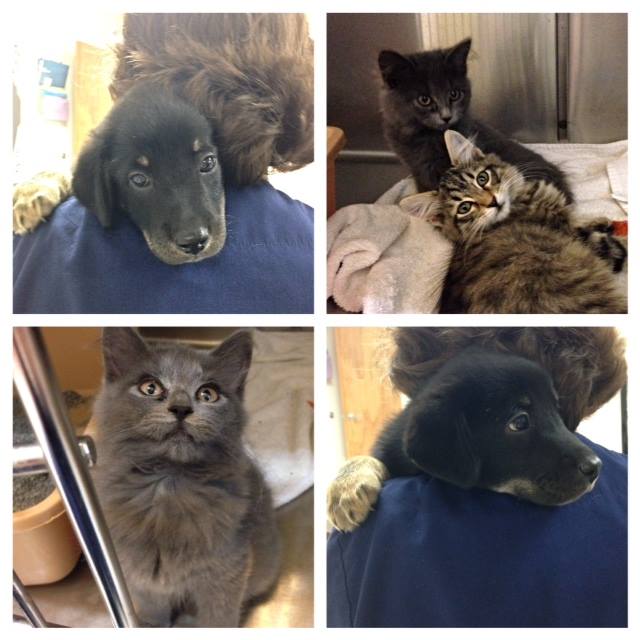When You Pet Has Allergies
When a pet’s immune system reacts negatively to common substances like pollens, mites or molds, an allergy is developed. These reactions can range from irritating to lethal, and are caused by ingesting, inhaling or touching the allergen. Allergy symptoms in pets include scratching, rubbing and biting at the skin, excessive grooming and subsequent hair loss, and frequent ear infections. Confirm with your veterinarian that your pet does in fact have an allergy by going over the pet’s history, having them perform an exam and possibly some laboratory testing. A change in diet is useful in determining if the pet has a food allergy.
Continued exposure and a genetic predisposition allow an allergy to develop, generally during the pet’s first few years of life, and gradually becoming more pronounced. Treatment may be as simple as eliminating the allergens in the environment, or may include a prescription diet, steroids, antihistamines, or immunotherapy. Immunotherapy is a positive choice as it does not involve the side effects of the other medications mentioned. Each treatment plan is tailored to each pet.
Call today if you suspect your pet might have an allergy, or if you have any questions regarding immunotherapy!
















